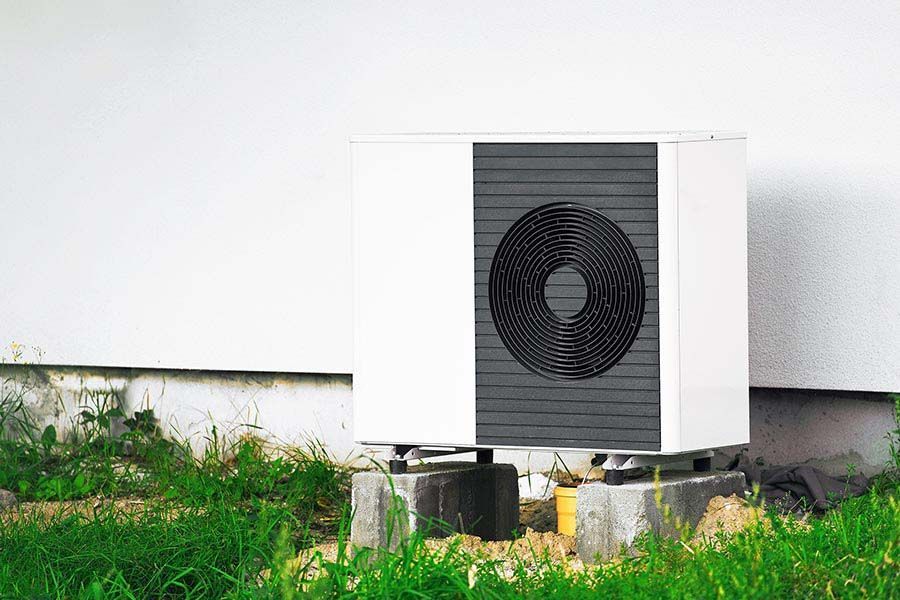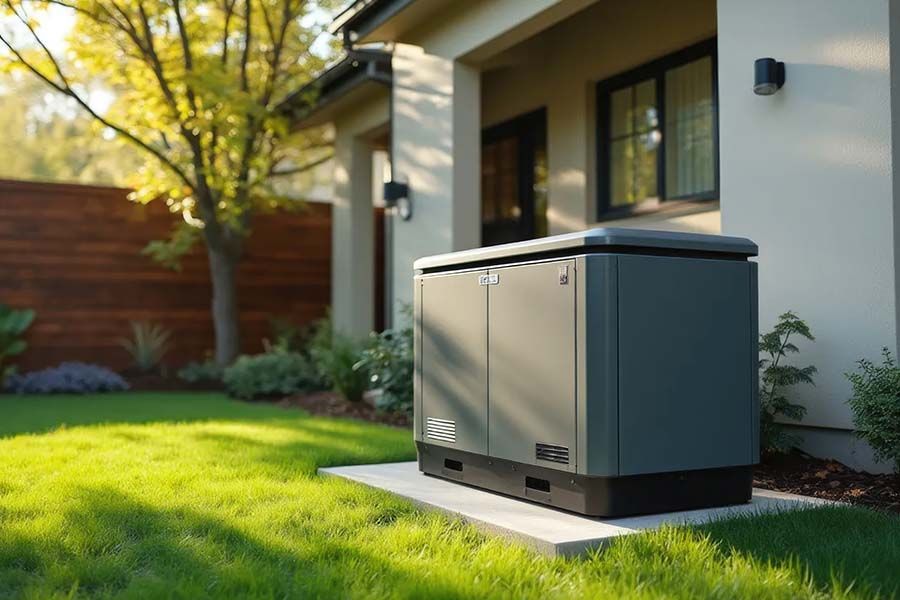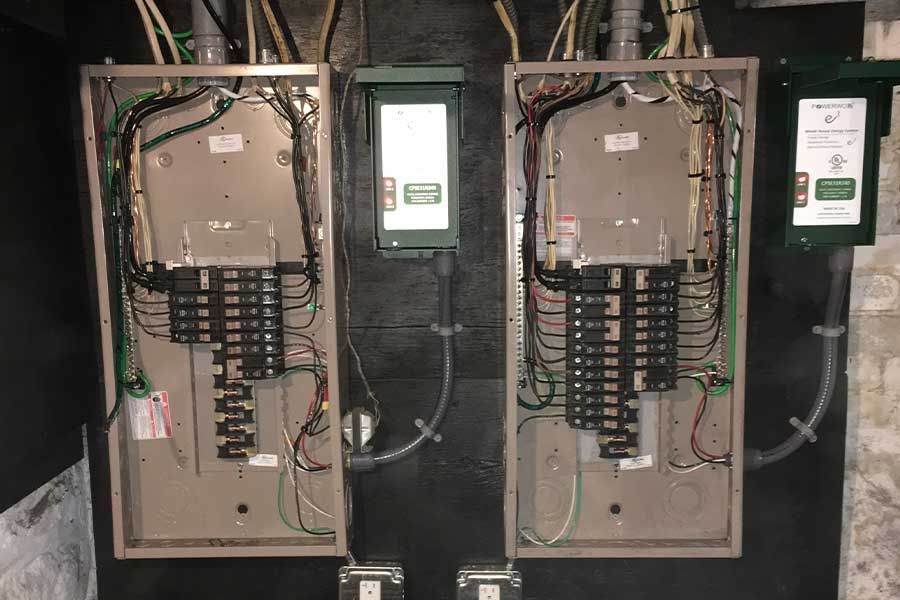7 Home Heating Options to Consider to Warm Your Home This Winter
Having reliable heating makes all the difference in comfort during the cold months of winter, especially in the freezing temperatures the Wisconsin cold season brings. But with a number of home heating options available on the market today, how do you decide which one works best for you?
Professional Services wants to help you find the perfect heating system for your home. We offer installations and maintenance options for heating services in Port Washington. If your home needs a new heating system, consider this list of seven home heating options to warm your home this winter, then call us at 262-218-2636 to install or maintain your home's heater or furnace.
1. Forced Air Furnace System
Forced air HVAC systems rank as the highest annual fuel utilization efficiency of any heating system on the market. These systems are common in most modern homes.
Forced air systems rely on a furnace and blower fan to distribute warm or cold air through your ductwork and into the living areas of your home. Because they use the same internal mechanics as your air conditioning unit, forced air systems combine both heating and cooling capabilities and can adjust indoor temperatures quickly.
Installation can be relatively affordable and make a great home heating option with units lasting up to 15 years.
If you’d like more information about a new HVAC system or furnace installation for your home, contact Professional Services for a free estimate. We also offer maintenance plans to keep your heating system running like new.
2. Gravity Air Furnace System
If your home has a basement, you might be familiar with a gravity air furnace. These quietly running systems use specialized ductwork to allow heated air to rise up into the rooms of your home above.
Gravity furnaces use convection currents to warm air, which takes more time to adjust temperatures inside your home. These gas, liquid propane (LP), or fuel oil systems are common in older homes but don't hold up compared to modern heating options.
Professional Services has home heating options for replacement furnaces and boilers for older homes as well. Let us know if you’d like to replace your home’s gravity air system with another system.
3. Heat Pump Heating Systems
The heat pump system makes a great option for heating separate rooms or remote parts of the house. Using a small compressor and indoor air handlers, air source heat pumps take outdoor air and transfer it across a series of copper or aluminum evaporator coils for heating or cooling. Both energy-efficient and quiet, a heat pump delivers adjustable temperature control for individual rooms, powered by either electricity or natural gas.
Heat pump systems work best in mild climates that rarely drop below freezing. For those living near ponds or lakes, a geothermal or water-source heat pump draws heat from underground sources, making them a clever, eco-friendly choice for home heating options.
Professional Services provides friendly and professional heat pump installations and fast repair. Whether you’d like to switch to a heat pump or your heat pump started malfunctioning, we can help!
4. Electric Heating Systems
Electric resistance systems make another great choice for supplemental heating. They provide efficient heat to warm the objects in the room around them and only require an electrical outlet to power them.
Electric heaters come in two forms: convection and hydronic:
- Convection units radiate heat by running electricity through a set of internal metal rods.
- Hydronic units use electricity to heat liquid stored in metal tubes.
Though electric heating systems run silently and their portability makes them versatile, they consume a lot of electricity and can be expensive to keep running.
5. Boiler and Radiator Systems
With a well-running boiler, radiators make great home heating systems in winter. Most energy-efficient boilers and radiator systems run on natural gas or electricity. Once heated by the central boiler, hot water travels through metal pipes to distribute heat through the system’s cast-iron counterpart: the radiator unit.
Because radiator systems can warm objects in the room around them, you can't place them near furniture or curtains. However, some benefits of radiant heating include:
- Boilers produce less dry air than forced-air heating systems
- The circulation of hot water to generate heat makes the boiler and radiator system highly effective
Professional Services offers boiler installation and maintenance. If you have a boiler system that breaks down, feel free to call us 24/7.
6. Baseboard Heater
With excellent energy efficiency and little maintenance, the baseboard heater system makes a good addition to modern home heating solutions.
This system takes hot water from your central boiler unit and transfers it along a series of pipes along the baseboards of your walls. Attractively concealed by a low-profile panel, the baseboard heater’s water pipes radiate heat into the room through a thin metal vent, sometimes called a “fin tube."
Hot water baseboard heaters run on natural gas, electricity, or even solar heating systems. Like a radiator system, baseboard heaters do not combine with air conditioning, and the vents must be clear of furniture and window curtains.
7. Under-Flooring Heating System
Best suited for mild winters, in-floor radiant heating uses a hot water tubing system that carries heat from your central boiler unit throughout your home's floors. This home heating option runs quietly and can be very energy efficient, but installation requires pulling up your floors, so it can be expensive.
To install radiant heating, HVAC contractors place the tubes inside the concrete infrastructure beneath your floor before attaching them to the underside of tile or wood floorboards. Since it relies on a boiler-based heating system, you cannot combine under-flooring heating systems with air-conditioning, so your heater and AC will be separate.
Though in-floor heating makes a great addition to your home, its slow heat-up time and inability to warm the air make it more of a luxury installation rather than a necessary one.
Considering New Home Heating Options?
Professional Services delivers quality
furnace installation services that will best suit your home. For fast turnaround times, help choosing home heating options, and excellent customer service in Port Washington, WI, call
262-218-2636 today!
You might also like







